SUMMARY
This is AI generated summarization, which may have errors. For context, always refer to the full article.
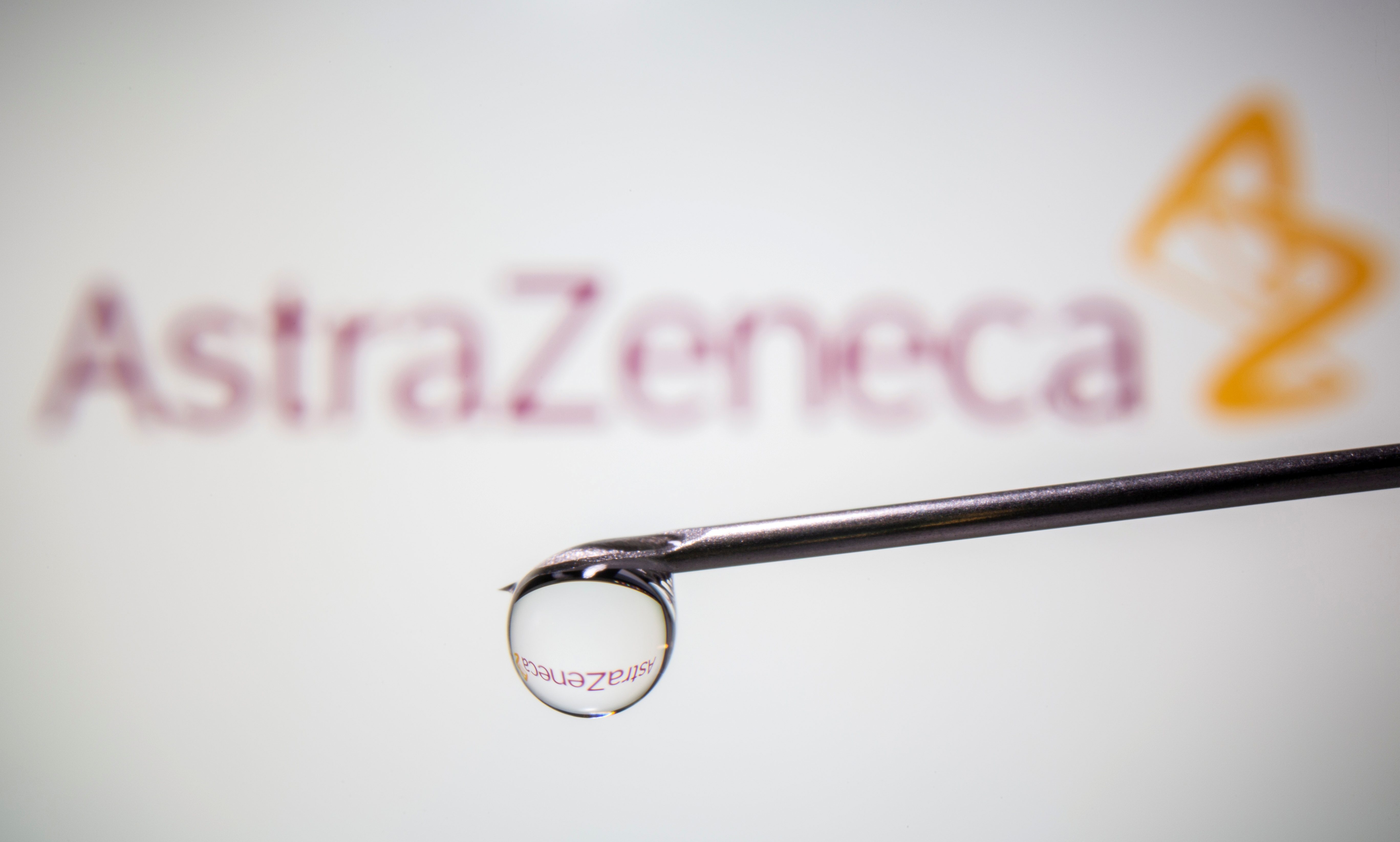
The European Union is asking AstraZeneca to publish the contract it signed with the bloc on COVID-19 vaccine supplies, an EU official said on Wednesday, January 27, as frustrations over delivery delays bubble to the surface.
Vaccine rollouts in the European Union have been slow compared with some other regions, especially former EU member Britain, exacerbated by AstraZeneca and Pfizer both announcing holdups in recent weeks.
The EU move follows an interview with newspapers on Tuesday, January 26, in which AstraZeneca CEO Pascal Soriot said the EU contract was based on a best-effort clause and did not commit the company to a specific timetable for deliveries.
AstraZeneca had previously announced a cut in supplies to the EU in the first quarter, which an EU official told Reuters last week amounted to a 60% reduction to 31 million doses caused by production issues at a factory in Belgium.
In a further sign of fraught relations, a second EU official said the company had pulled out of a meeting with the European Union scheduled for Wednesday.
Minutes later, Austrian Health Minister Rudolf Anschober said the meeting had been postponed to Thursday, January 28.
AstraZeneca initially declined to comment – but later said the meeting would take place on Wednesday as originally planned.
The EU contract with AstraZeneca is an advance purchase agreement for the supply of at least 300 million doses provided that the vaccine is approved as safe and effective.
The EU official said on Wednesday that details revealed by Soriot on production capacity and best-effort clause were confidential.
The official added that the best-effort clause was standard in contracts with manufacturers of products that are in development.
“Best effort is a completely standard clause when you are signing a contract with a company for a product that does not yet exist,” the official said. “Obviously you cannot put a completely legal obligation” under these conditions.
The official said however that best effort meant that the company had to show an “overall” effort to develop and deliver vaccines.
AstraZeneca said in a statement on Wednesday: “Each supply chain was developed with input and investment from specific countries or international organizations based on the supply agreements, including our agreement with the European Commission.
“As each supply chain has been set up to meet the needs of a specific agreement, the vaccine produced from any supply chain is dedicated to the relevant countries or regions and makes use of local manufacturing wherever possible.”
Philanthropist Bill Gates, in an interview with Reuters, called the rollout of vaccines a “super hard allocation problem” that was putting pressure on global institutions, governments and drugmakers.
“Every politician is under pressure to go bid for their country to get further up in line,” Gates said.
“If you’re a pharma company that didn’t make a vaccine, you’re not under pressure. But the ones who did make the vaccine – they are the ones being attacked,” he said. “It’s all very zero-sum.” – Rappler.com
Add a comment
How does this make you feel?
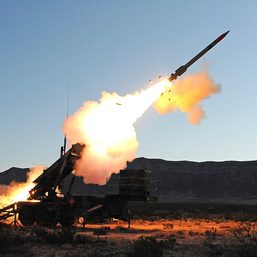
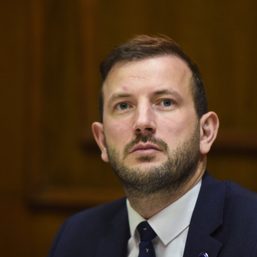
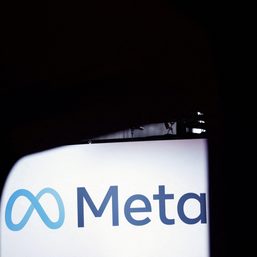

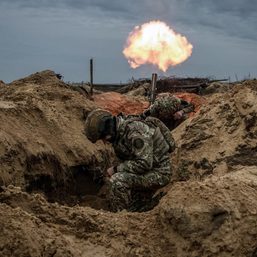
There are no comments yet. Add your comment to start the conversation.